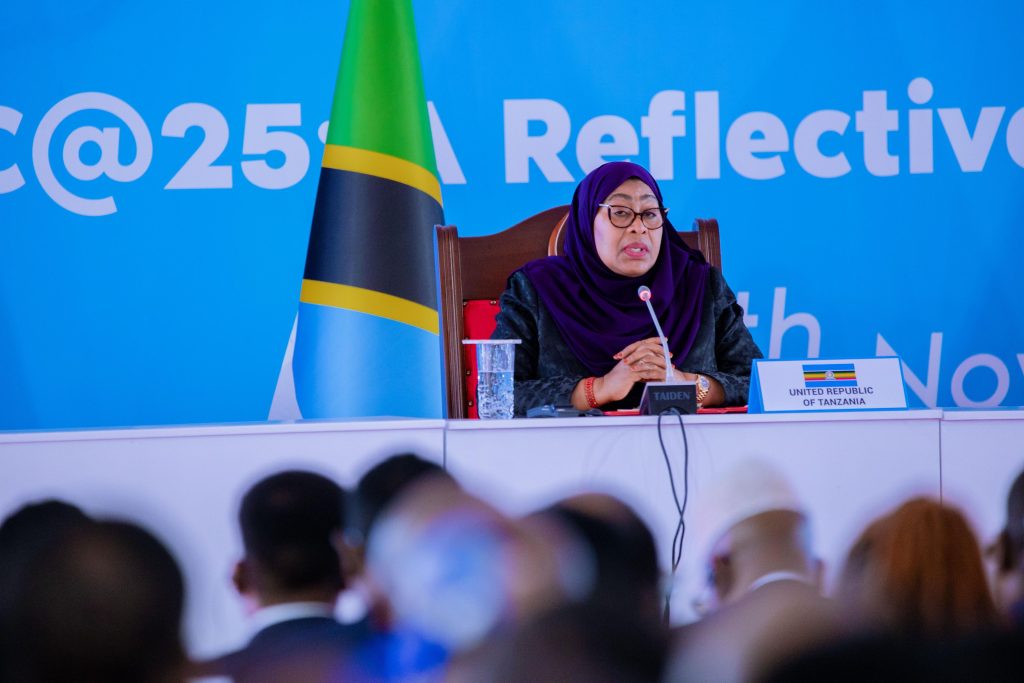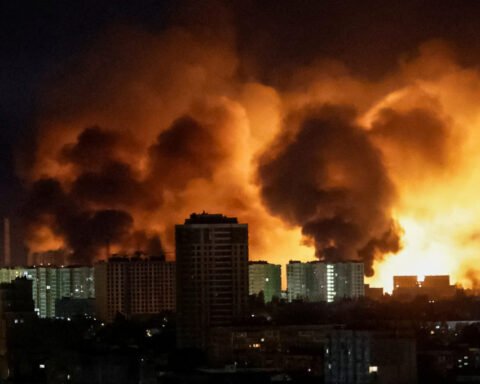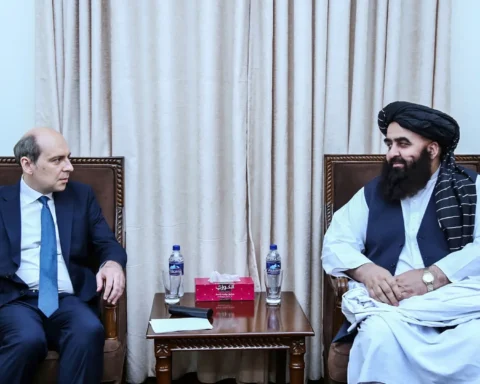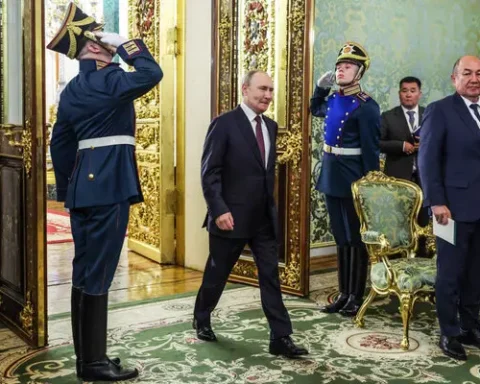On November 29, 2024, President Samia Suluhu Hassan participated in the East African Community (EAC) leaders’ summit in Arusha, Tanzania, to commemorate the 25th anniversary of the regional bloc.
The summit brought together EAC heads of state to reflect on the progress made and discuss the future of the community.
In her address, President Suluhu emphasized Tanzania’s commitment to deepening cooperation within the EAC, particularly in areas like trade, infrastructure, and regional security. She highlighted the role of collective action in tackling shared challenges, such as poverty, climate change, and youth unemployment, which are prevalent across the region.
Celebrating 25 Years of Cooperation
The 25th anniversary of the EAC marked a significant milestone in regional integration, with leaders taking the opportunity to celebrate the successes of the past and set the stage for future collaboration. Over the years, the EAC has grown into one of Africa’s most important regional communities, fostering better trade relations, improved cross-border infrastructure, and joint efforts in maintaining regional peace and security.
President Suluhu’s participation underscored Tanzania’s role in boosting regional trade, particularly as the country has made strides in promoting smoother trade flows within the bloc. She stressed that such collaborations are vital in addressing not only economic challenges but also in ensuring social stability across East Africa.
Read More; Tanzania Gears Up For Commercial Macadamia Farming
Looking to the Future of East Africa
The discussions at the summit were centered around the next steps for strengthening East African integration. The heads of state discussed improving free trade, facilitating the movement of people, and developing infrastructure to better connect member states. These steps are seen as essential for unlocking new opportunities for growth, which will benefit the region as a whole.
While the anniversary event focused on past achievements, it was equally a moment to look ahead. The leaders agreed that fostering even closer cooperation would be critical as the region faces global challenges like climate change and the shifting global economy. The need for a united East Africa that can compete and thrive on the global stage was emphasized.







As a Newbie, I am continuously browsing online for articles that can help me. Thank you
I have not checked in here for a while because I thought it was getting boring, but the last few posts are great quality so I guess I will add you back to my everyday bloglist. You deserve it my friend 🙂